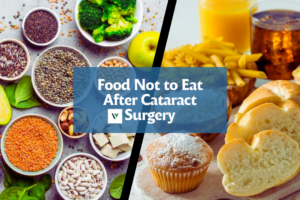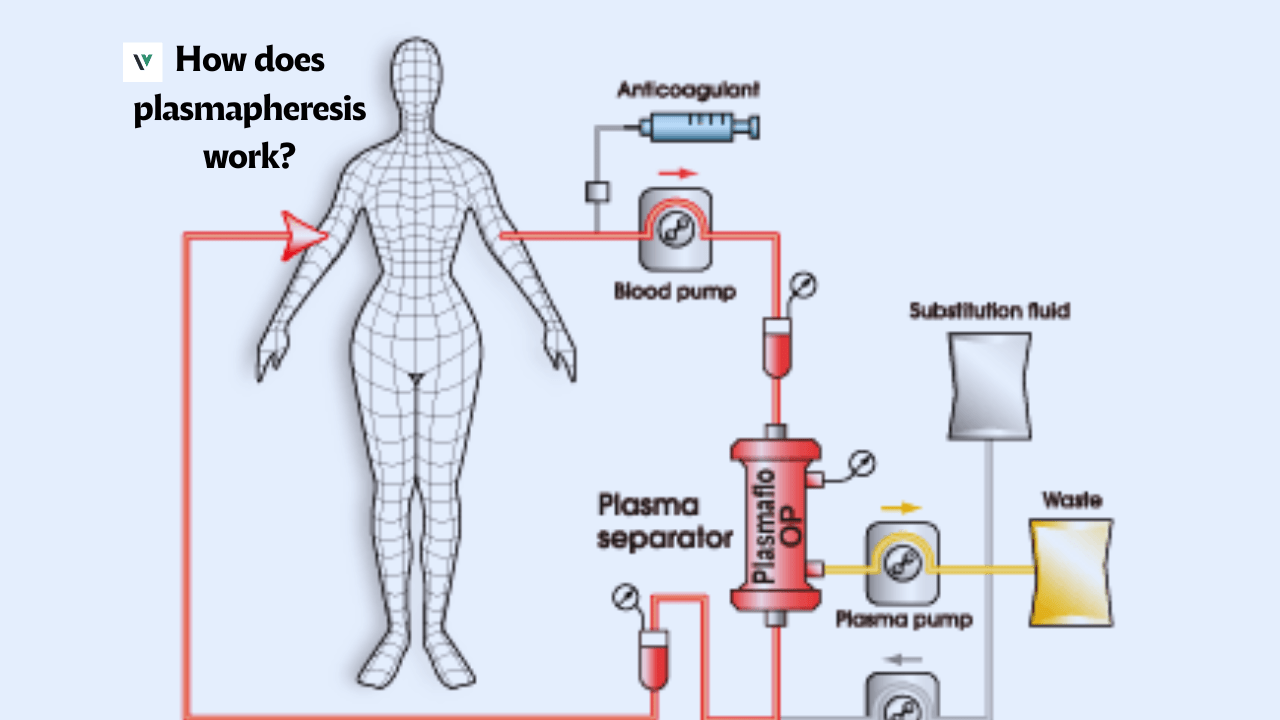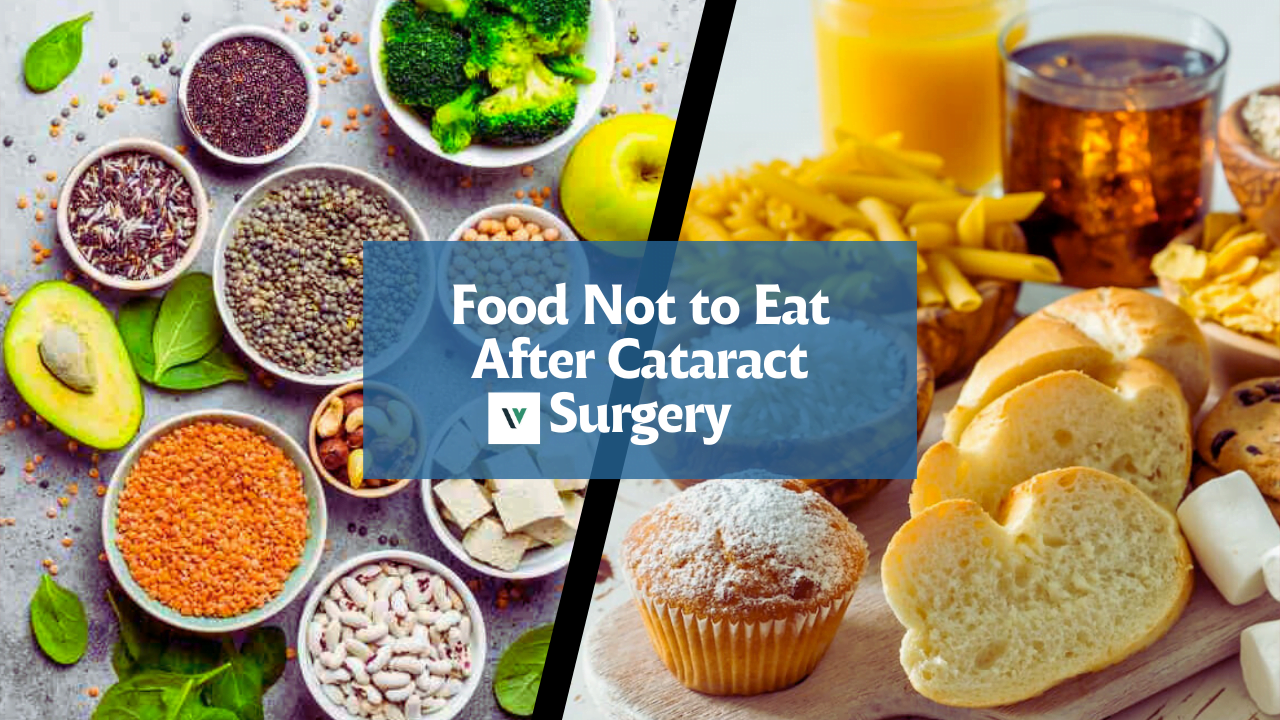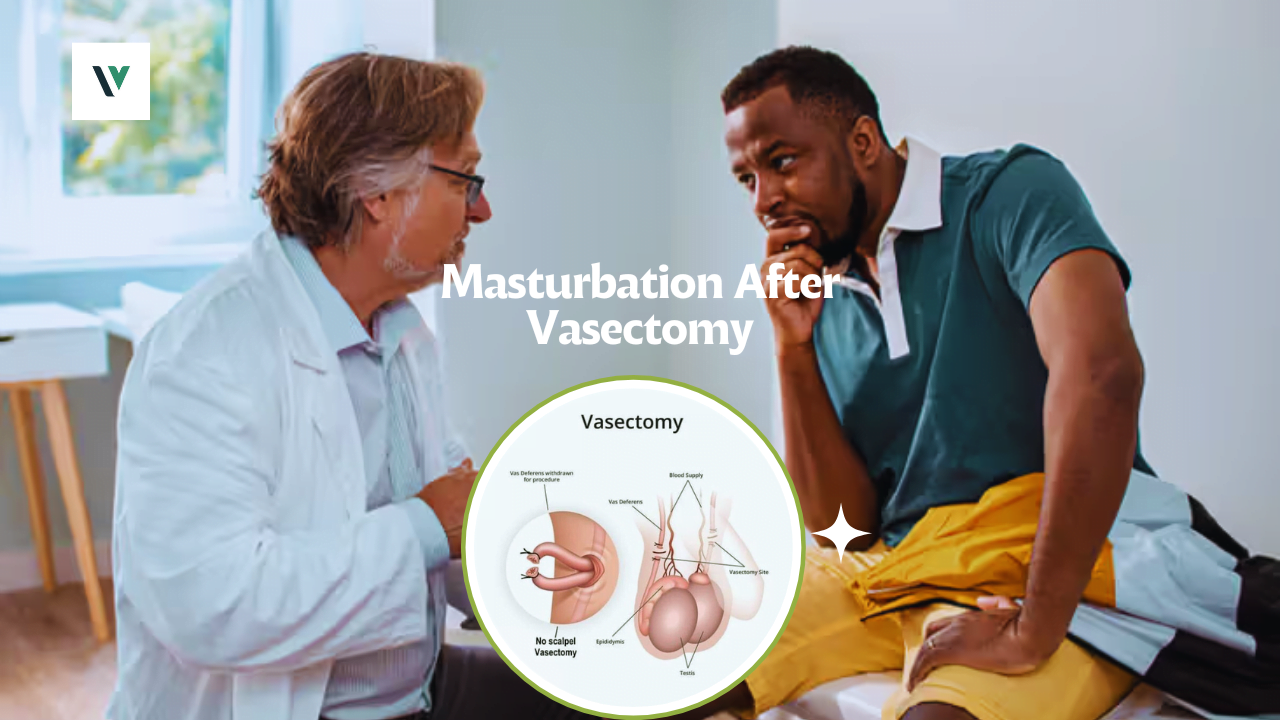Cataract surgery is a typical methodology that can fundamentally further develop vision and personal satisfaction. Notwithstanding, the recuperation cycle requires cautious consideration, especially about your eating routine. The food you eat after cataract surgery can affect the mending system, and a few food sources ought to be kept away from to guarantee ideal recuperation. This article will direct you through the foods not to eat after cataract surgery, making sense of why certain food varieties can be adverse and offering choices to help your recuperating venture.
Understanding Cataract Surgery and the Importance of Post-Operative Care
Before jumping into the points of interest of food not to eat after cataract surgery, it’s fundamental to comprehend the method and why post-usable consideration is critical. Cataract surgery includes eliminating the shady focal point of the eye and supplanting it with a fake focal point. While the medical procedure itself is ordinarily speedy and protected, the eye is fragile and needs time to appropriately mend.
During the recuperation time frame, the body’s safe framework attempts to fix the careful site. Eating some unacceptable food varieties can impede this cycle by causing aggravation, expanding circulatory strain, or acquainting microbes that could lead to contamination. This makes it crucial to keep away from specific food sources after cataract surgery to advance a smooth recuperation.
Why Certain Foods Are Harmful After Cataract Surgery
Understanding the reason why explicit food sources are destructive after cataract surgery is the most important phase in knowing what to stay away from. Food varieties that cause aggravation, increment pulse, or influence glucose levels can adversely affect your recuperation. Also, food sources that are hard to process or high in sugar can strain the body, redirecting energy from recuperating. Consequently, recognizing the food not to eat after cataract surgery is significant for fruitful recuperation.
Processed Foods and Their Impact on Recovery
One of the essential classifications of food not to eat after cataract surgery is handled food varieties. Handled food sources frequently contain elevated degrees of sodium, additives, and undesirable fats that can prompt aggravation. Irritation is especially destructive after cataract surgery since it can dial back the mending system and increment distress.
For instance, handled meats like frankfurters, bacon, and stored meats are high in sodium and additives that can cause water maintenance and raise the circulatory strain, possibly muddling your recuperation. Rather than handle food sources, decide on new, entire food varieties that are wealthy in supplements and backing recuperating.
Sugary Foods and Their Role in Delaying Healing
Sweet food sources are one more gathering of food not to eat after cataract surgery. Food varieties high in sugar, like confections, cakes, and sweet drinks, can spike glucose levels, prompting expanded irritation and a debilitated safe framework. This can dial back the mending system and make you more powerless against diseases.
Besides, high sugar admission can prompt changes in energy levels, making it harder for your body to zero in on recuperating. To stay away from these issues, it’s ideal to restrict or wipe out sweet food sources from your eating routine during the recuperation time frame.
Fried Foods and Their Negative Effects on Recovery
Seared food sources are one more critical class of food not to eat after cataract surgery. Food sources that are Southern style are ordinarily high in unfortunate fats and can add to irritation, which can upset the mending system. Also, broiled food sources are frequently hard to process, which can overburden your body during recuperation.
For example, seared chicken, french fries, and onion rings are food sources that ought to be kept away from after cataract surgery. All things being equal, consider barbecued or prepared choices that are lower in fat and more straightforward on the stomach-related framework.
Spicy Foods and Their Potential to Cause Discomfort
Hot food sources are likewise on the rundown of food not to eat after cataract surgery. Hot food sources can cause aggravation in the body, prompting expanded irritation and uneasiness. Moreover, hot food sources can compound gastrointestinal issues, which can be especially awkward during the recuperation time frame. Food sources like hot peppers, zesty sauces, and vigorously flavored dishes ought to be stayed away from to guarantee a smoother recuperation. Choosing milder flavors will assist with keeping your body quiet and zeroing in on recuperating.
Caffeinated Beverages and Their Impact on Recovery
Energized refreshments, like espresso, tea, and certain sodas, ought to be limited or kept away from out and out after cataract surgery. Caffeine is an energizer that can increment pulse and cause parchedness, the two of which can adversely influence the recuperating system. Parchedness, specifically, can dial back recuperation and increment the gamble of confusion. Rather than charged refreshments, settle on water, homegrown teas, or decaffeinated beverages to remain hydrated and support your body’s recuperating endeavors.
Alcohol and Its Adverse Effects on Healing
Liquor is a notable substance to stay away from after any surgery, and cataract surgery is no exception. Liquor can thin the blood, increment circulatory strain, and cause a lack of hydration all of which can block the mending system. Moreover, liquor can communicate with any drugs you might be taking post-medical procedure, prompting undesirable aftereffects. It’s fitting to stay away from liquor completely during the recuperation time frame to guarantee that your body can mend appropriately with practically no extra pressure or confusion.
High-Sodium Foods and Their Role in Hindering Recovery
High-sodium food varieties are one more classification of food not to eat after cataract surgery. Unreasonable sodium can prompt water maintenance and expanded pulse, the two of which can be unfavorable to your recuperation. Food sources high in sodium, like pungent bites, canned soups, and cheap food, ought to be kept away from to keep your circulatory strain stable and diminish the gamble of entanglements. All things being equal, centers around food varieties that are low in sodium and wealthy in potassium, like new products of the soil, to help solid circulatory strain levels and advance recuperating.
Dairy Products and Their Potential to Cause Mucus Production
Dairy items can be hazardous after cataract surgery since they can increment bodily fluid creation in certain people. Extreme bodily fluid can prompt uneasiness and may try and expand the gamble of disease assuming it collects in the nasal entries and throat. Food varieties like milk, cheddar, and yogurt ought to be polished off with some restraint or kept away from assuming you notice an expansion in bodily fluid creation. Plant-based other options, for example, almond milk or coconut yogurt, can be great substitutes during the recuperation time frame.
Red Meat and Its Potential to Cause Inflammation
Red meat is another food not to eat after cataract surgery because of causes inflammation potential. Red meat, particularly when handled or cooked at high temperatures, can increment irritation in the body, which can dial back the recuperating system. Rather than red meat, consider integrating lean protein sources like chicken, turkey, or plant-based proteins like beans and lentils into your eating regimen. These choices are less inclined to cause aggravation and can uphold your body’s recuperating endeavors.
Foods High in Saturated Fats and Their Role in Recovery
Food sources are high in soaked fats, like spread, cream, and certain heated products, and ought to be away from after cataract surgery. Soaked fats can add to irritation and may likewise increment cholesterol levels, which can be unsafe for your general well-being. Picking better fats, like those tracked down in olive oil, avocados, and nuts, can assist with lessening irritation and backing a smoother recuperation. These fats are additionally useful for heart well-being, which is significant during the post-employable time frame.
Foods with Artificial Additives and Preservatives
Food sources with fake added substances and additives are likewise on the rundown of food not to eat after cataract surgery. These substances can cause aggravation, hypersensitive responses, and different issues that can obstruct the mending system. Normal guilty parties incorporate bundled snacks, handled meats, and sweet oats. To stay away from these added substances, center around eating entire, natural food sources that are normally wealthy in supplements and liberated from unsafe synthetic compounds. This will assist with guaranteeing that your body gets the sustenance it necessities to appropriately mend.
Raw or Undercooked Foods and the Risk of Infection
Crude or half-cooked food varieties represent a gamble of contamination, making them food not to eat after cataract surgery. Food varieties like sushi, intriguing meats, and crude eggs can hold onto destructive microorganisms that can prompt diseases, which can be especially hazardous during the recuperation time frame. To lessen the gamble of contamination, it’s ideal to keep away from crude or half-cooked food sources and guarantee that all dinners are prepared completely. This will assist with shielding your body from hurtful microorganisms and backing a solid recuperation.
Foods That Are Hard to Chew or Digest
After cataract surgery, it’s important to avoid foods that are hard to chew or digest, as these can place additional strain on your body. Tough meats, crunchy snacks, and fibrous vegetables can be difficult to process and may cause discomfort during recovery. Instead, opt for softer, easy-to-digest foods such as soups, smoothies, and cooked vegetables. These foods are gentle on the digestive system and can provide the necessary nutrients without causing discomfort.
Citrus Fruits and Their Potential to Cause Irritation
While organic products are by and large solid, citrus natural products like oranges, lemons, and grapefruits ought to be drawn closer with alert after cataract surgery. The high sharpness of these organic products can cause bother, particularly if your stomach-related framework is delicate during recuperation. If you experience any distress after consuming citrus natural products, it’s ideal to stay away from them and pick less acidic organic products like apples, bananas, or pears. These natural products are delicate on the stomach and can in any case give fundamental nutrients and minerals.
The Importance of Hydration and What to Avoid
Remaining hydrated is urgent after cataract surgery, yet it’s essential to be aware of what you drink. Sweet refreshments, jazzed beverages, and liquor can all add to a lack of hydration, which can dial back the mending system. All things considered, centers around drinking a lot of water, homegrown teas, and regular natural product juices to keep your body hydrated and support recuperation. Legitimate hydration is vital to flushing out poisons and guaranteeing that your body has the liquids it necessities to recuperate.
You Need To Know!
What Is Plasmapheresis, And How Does It Work?
Conclusion: A Balanced Diet for a Smooth Recovery
All in all, knowing the food not to eat after cataract surgery is fundamental for effective recuperation. By keeping away from handled food varieties, sweet bites, seared food sources, hot dishes, stimulated refreshments, liquor, high-sodium food sources, and other dangerous things, you can lessen aggravation, support your invulnerable framework, and advance quicker recuperating.
Center around a reasonable eating routine rich in entire, natural food sources, lean proteins, solid fats, and a lot of water to give your body the supplements it necessities to recuperate. By pursuing careful dietary decisions, you can guarantee a smoother recuperation and partake in the advantages of further developed vision after a waterfall medical procedure.









